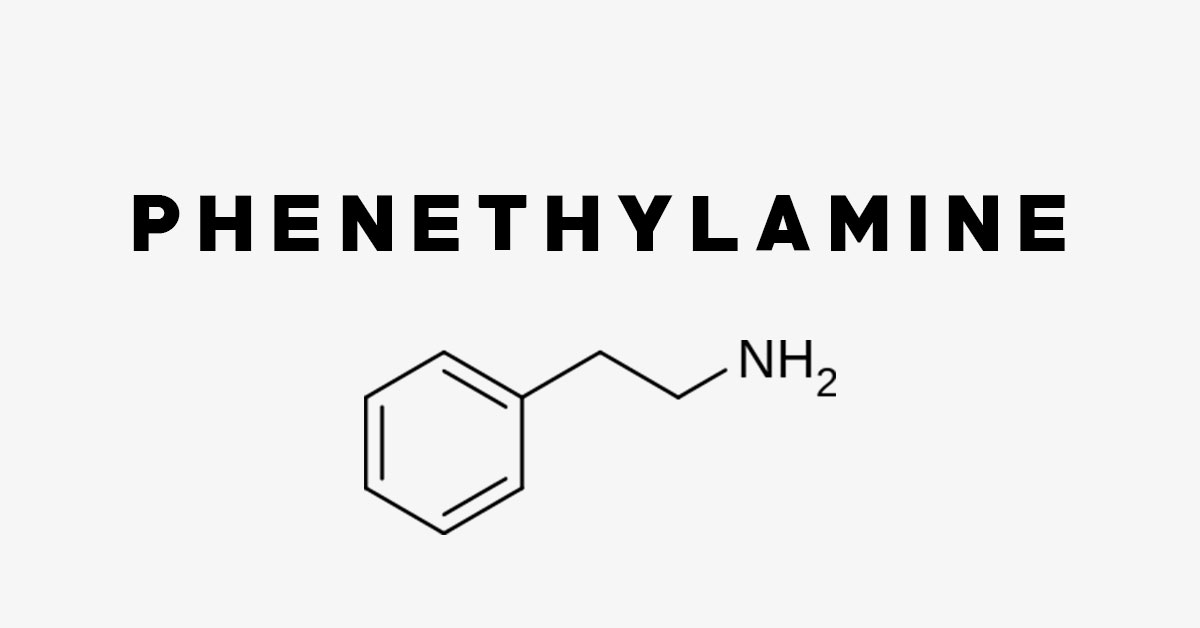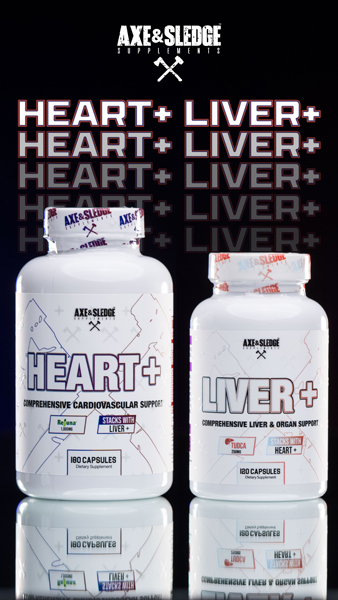
Phenethylamine (PEA)
Phenethylamine (PEA) is a cognitive stimulant that occurs naturally in the body. It improves mental focus, energy and even amplifies the actions of other hormones in your brain, including dopamine. This could lead to an improvement in mood and a feeling of general well-being.
Uses of Phenethylamine
PEA is a natural, hormone-like substance that occurs naturally and can be found in many plants, bacteria and fungi. It has been found in the brains of humans and other animals in relatively small amounts. This substance functions as a neurotransmitter and can alter the effects of several other hormones in the body including: serotonin, dopamine and norepinephrine. The effects of this drug are comparable to amphetamines, but without the undesired side effects.
PEA has been used clinically for years as a possible treatment to psychiatric diseases and disorders like depression and PTSD. Each of these disorders has a possibility of being caused by low levels of PEA, due to PEA’s ability to increase the activity of the hormones that are responsible for mood and emotion regulation. It has also shown some benefit as a treatment for ADHD alongside other drugs, however results have been inconsistent.
PEA is of interest to the performance athlete because of its ability to provide rapid improvements on mental clarity, endurance, mood and energy. This ingredient is included in many supplements as a part of the energy and focus profile. PEA can also provide an athlete with an increase in motivation, and an increase in cognitive performance. There has been a movement in the use of PEA as a weight loss supplement, however there is very little evidence suggesting it will provide much success.
The one issue with PEA is that the half-life is extremely short. When taking orally, PEA has a half-life of 5-10 minutes.
Interactions with Phenethylamine
This ingredient is typically found as a stimulant component of a pre-workout profile. It can provide positive increases in mood, focus and energy levels. We like to see this ingredient alongside other stimulants or nootropics that can provide a synergistic effect with PEA to fuel your workout. Some great stimulant ingredients that would pair well with PEA include Caffeine Anhydrous, Synephrine or even Hordenine. This ingredient pairs well with nootropics such as Alpha-GPC and Huperzine A.
Hordenine is of importance to PEA since it can increase the half-life of PEA. A PEA Hordenine combo is generally used in pre-workout supplements and nootropics.
Side Effects of Phenethylamine
This ingredient is generally safe for consumption by a healthy individual. It has stimulatory effects similar to amphetamines, however side effects are generally to a lesser degree. You could possibly experience rapid heartbeat, elevated blood pressure or anxiety.
You should consult with your doctor before consuming a supplement that contains PEA. It is essential to stay away from this ingredient if you suffer from a disorder that is associated with naturally high levels of PEA (schizophrenia, bipolar disorder, agitated depression) because it could possibly increase the symptoms of your illness.
Recommended Phenethylamine Dosage
There is not really a recommended dose for performance supplementation regarding PEA. We like to see this ingredient dosed at a minimum of 100mg. You will find some products that contain PEA in amounts as high as 500mg.
Recommended Supplements Featuring Phenethylamine
The following products contain Phenethylamine (PEA) at the recommended dosage, and are recommended supplements for Fitness Informant:






